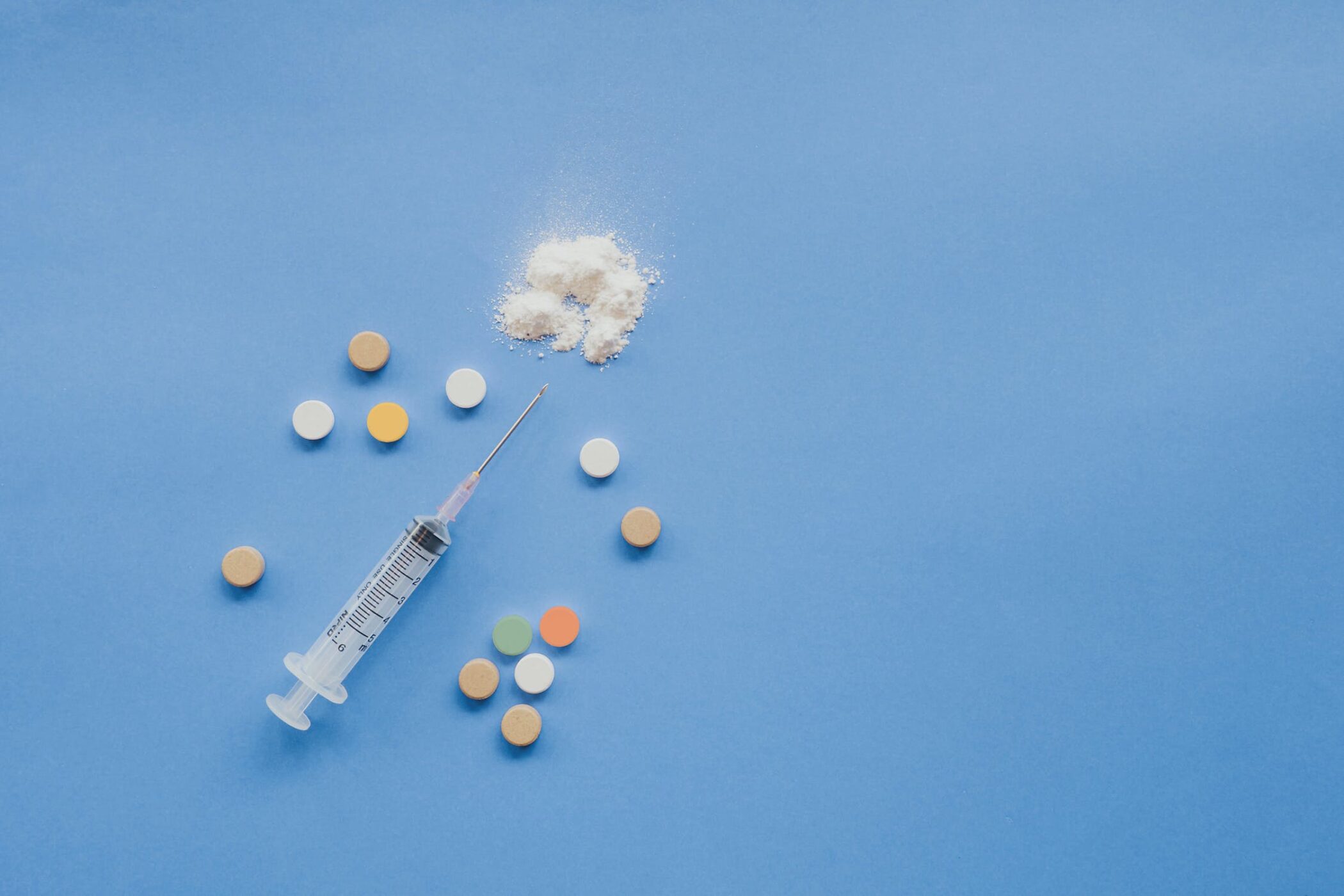
03 Dec Sharp Rise in Overdose Deaths During COVID-19 Pandemic
MedicalResearch.com Interview with:
Joseph Friedman, MD/PhD student
David Geffen School of Medicine
UCLA
MedicalResearch.com: What is the background for this study?
Response: Numerous researchers, clinicians, officials, harm reduction agencies, and people who use drugs have sounded the alarm that the COVID-19 pandemic is exacerbating the United States overdose crisis. However, data sources typically used to track overdoses in the US often have long lags that impede timely monitoring and response. For example, the CDC released preliminary overdose figures for 2019 in July 2020, and even these numbers may change.
As they are available in near real-time, emergency medical services (EMS) data have increasingly been used as a source of up-to-date information to monitor epidemiological shifts during the COVID-19 pandemic. In this study, we used data from the National EMS Information System (NEMSIS), a large registry of over 10,000 EMS agencies in 47 states that represented over 80% of all EMS activations nationally in 2020. We used the data to track shifts in overdose-related cardiac arrests observed by EMS.
MedicalResearch.com: What are the main findings?
Response: We found evidence of a large-scale uptick in overdose-related deaths occurring during the COVID-19 pandemic. The overall rate of overdose-related cardiac arrests in 2020 was about 50% higher than trends observed during 2018 and 2019, including a maximum peak of 125% above baseline reached in early May. The observed trends line up in time with reductions in mobility (a metric of social interaction), as measured using cellphone data
All overdose-related incidents (fatal and nonfatal) were also elevated in 2020, by about 17% above baseline. The larger increase in fatal overdose-related incidents compared to all incidents may suggest a rising case fatality rate; each individual overdose event is becoming more dangerous. Many of the trends predicted by public health experts at the outset of the pandemic could potentially cause a rising case fatality rate, perhaps especially increased social isolation (people using alone), the interruption of narcotic supply chains, and decreased access to harm reduction and medical services.
MedicalResearch.com: What should readers take away from your report?
Response: Overdose deaths appear to be sharply on the rise due to the COVID-19 pandemic. There are many things that our communities and politicians can do to try to reduce these COVID-19-related increases in overdose deaths. Reducing financial and logistical barriers to accessing medications like methadone and buprenorphine is especially important. For example, allowing pharmacies to dispense methadone, permitting all physicians to prescribe buprenorphine, and providing emergency funds to make these medications affordable for all, could make a big difference. Our findings indicate that we need to do more to stem the rising tide of overdose mortality in the United States.
MedicalResearch.com: What recommendations do you have for future research as a result of this study?
Response: Although EMS data have many advantages, especially being available quickly, they do have limitations, as not every overdose is witnessed by EMS. Confirmatory studies should be conducted when detailed vital registration records for 2020 become available. Additionally, further research is required to assess social disparities in rising overdose trends: which communities are being the most affected and how we can provide additional resources to them.
MedicalResearch.com: Is there anything else you would like to add? Any disclosures?
Response: I would like to highlight the following comments from my co-authors.
“COVID-19 has shown us that we need better mechanisms to rapidly track emerging trends in overdose epidemiology. We have daily updates for COVID-19 deaths, for example, but we often need to wait months or years to learn of new trends related to overdoses. EMS data have limitations, of course, but they represent one way to quickly assess changing circumstances” -Dr. David Schriger, study author, and Professor and Vice Chair of Emergency Medicine at UCLA.
“The COVID-19 pandemic has exposed our decades-long failure to flatten the curve of overdose deaths in this country. We have neglected investments in evidence-based measures, pouring resources into systems of punishment. In addition to effective treatment, harm reduction, and other services, to truly make a dent in the overdose crisis we must address the structural drivers of problematic substance use, including housing, employment, and fundamental shifts in our drug policies. No half-measures will do,” -Leo Beletsky, study author, and professor of Law and Health Sciences at Northeastern University.
No disclosures of conflict of interest to declare.
Citation:
Friedman J, Beletsky L, Schriger DL. Overdose-Related Cardiac Arrests Observed by Emergency Medical Services During the US COVID-19 Epidemic. JAMA Psychiatry. Published online December 03, 2020. doi:10.1001/jamapsychiatry.2020.4218
The information on MedicalResearch.com is provided for educational purposes only, and is in no way intended to diagnose, cure, or treat any medical or other condition. Always seek the advice of your physician or other qualified health and ask your doctor any questions you may have regarding a medical condition. In addition to all other limitations and disclaimers in this agreement, service provider and its third party providers disclaim any liability or loss in connection with the content provided on this website.
Last Updated on December 3, 2020 by Marie Benz MD FAAD
